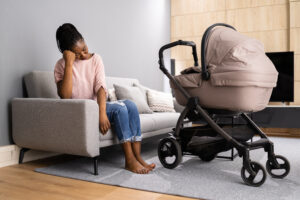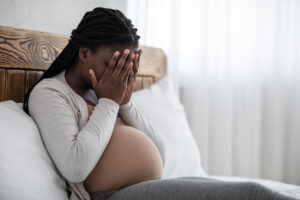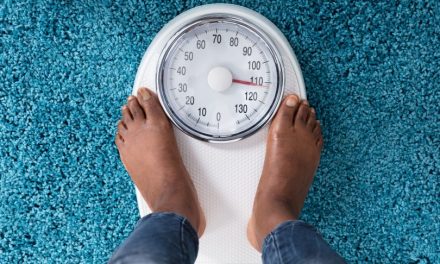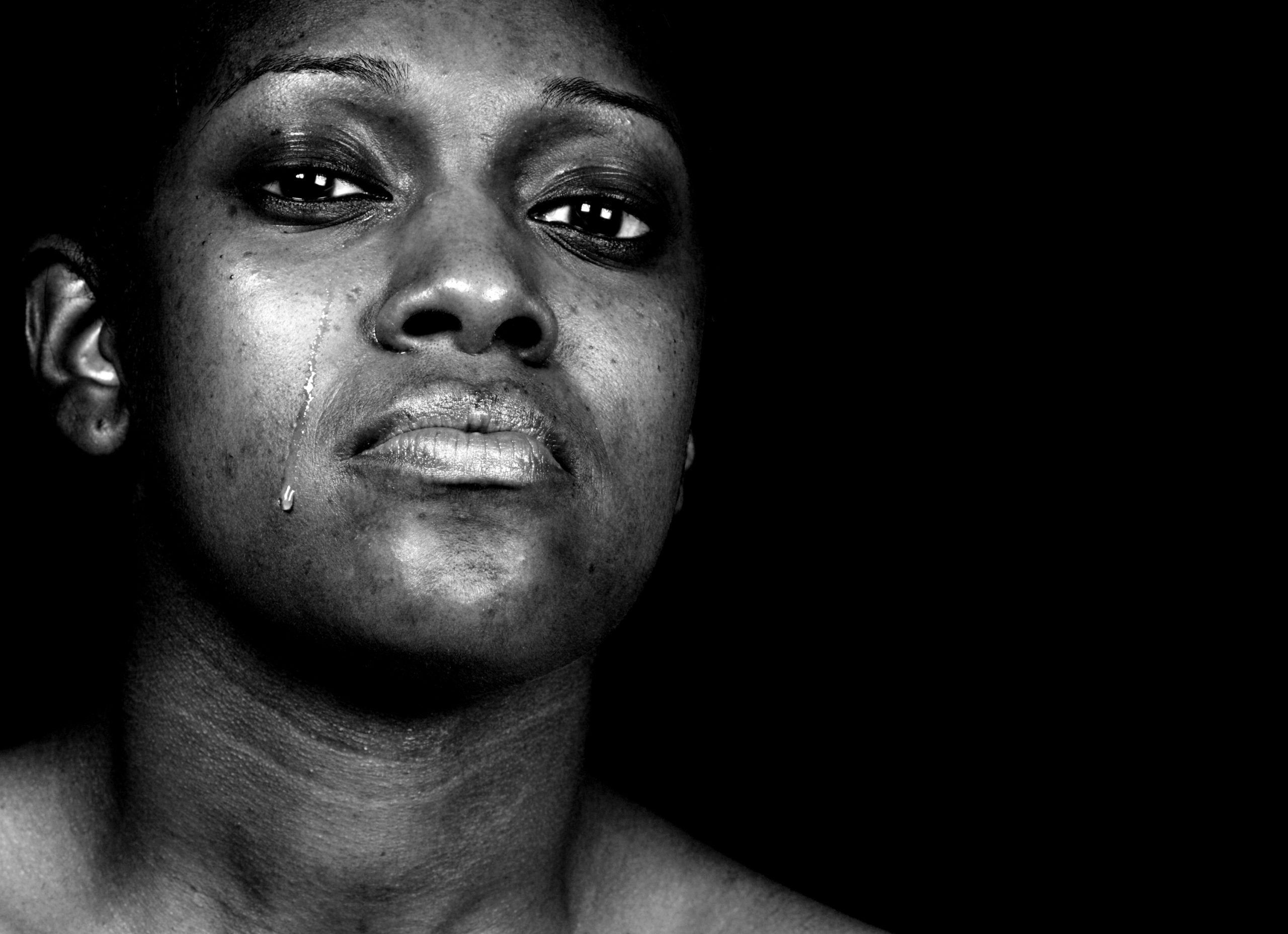Some time ago, I read the story of a woman on an all-women’s platform asking for advice on what to do because she had a seven-month-old baby and had just found out she was expecting again. In her own words, “my husband wants me to keep it but when I remember the stress I went through and still going through I am afraid.” Everyone in the comments section shared stories of how they got pregnant, three, four, five months after their kids and survived. Some even shared having c-sections back-to-back with only a five-month interval between their children. When one woman advised her to seek medical help to see if she was fit to carry the child to term before making the decision, another woman vehemently advised her against it, citing her own sister’s six pregnancies, four of which were each a year apart.
A few minutes later, on the same platform, another woman asked other women to share depression stories and how they overcame it. Interestingly, almost all the women on the page shared stories of being depressed after having their children (the post was not even about post-partum depression). Some shared stories of depression after having children back-to-back with little to no help. What am I trying to get at? Wait, I have one more story to tell and I will get to it.

In her own words, “my husband wants me to keep it but when I remember the stress I went through and still going through I am afraid.
My experience with back-to-back pregnancies
Depression is real, and post-partum depression is more real, take it from me, I have lived it. I always pass a joke that my pregnancies are like crusades. I need a whole village to go through it because everything that can go wrong does and then some. So, imagine when I found out about my second baby a year after my first. I had just come through nine months of a stressful and mentally draining pregnancy, one year of constant hospitalization and neurological issues, spine issues, among others, and just when I was getting my life back, boom, another pregnancy. Now, everybody told me I will be fine after all, my first was a little over a year and people had had second babies way earlier than me. I braced myself for the worst, and yes it was hard, it was another ten months of physical and emotional stress and all the possible problems you can think of but that is a story for another day.
Fast forward to the day I delivered, I went through hell, but I pulled through. I faced a life and death situation and nearly lost my life. Shortly after delivery, I suffered a seizure, but I had to survive this, I had to face it with my full chest, I was born for this. The first two weeks after the baby was born were the hardest. I didn’t want to see him; I didn’t want to touch him. At the time I didn’t know I was suffering from post-partum depression. One evening, I felt a strong urge to go and throw the baby away. I didn’t know why I was feeling this way. I fought the urge but picked up my son and dropped him. Somehow my mother (bless her heart) read the room and took the child from me, did the night feedings, and made sure that I got the help I needed in time.

The first two weeks after the baby was born were the hardest. I didn’t want to see him; I didn’t want to touch him. At the time I didn’t know I was suffering from post-partum depression.
Are all women the same?
I share this story because we are too quick to dismiss women’s fears of having children back-to-back. We make them feel it’s an easy thing to do because we did it. We only tell them they will be fine and share horrific stories of women who chose to terminate their pregnancies and never had any more although there are many more who did on their doctors’ advice and were fine. We fail to let women know that they have options. We do not tell them the full story of our struggles and like the woman who referred to her sister who had six children, we homogenize women. We make women feel that they were born for this task and ignore all the individual differences. Never mind that there are women who have lost their lives because they had two c-sections within months of each other. There are those who have suffered debilitating life conditions because they didn’t have enough information and chose to go through subsequent pregnancies even when their bodies were not ready for it. Those women are not here to tell their stories.

We make women feel that they were born for this task and ignore all the individual differences.
What can you do to help other women?
I urge you to do better for girls and women. Rather than dismiss their fears and tell them they will be fine, share your real stories, share your struggles and fears, share how you went through your nine months and beyond. These stories will help other women consider their individual strengths and weaknesses in making the decision about back-to-back pregnancies. Let women know that they have a choice, a choice to prevent pregnancies, a choice to plan pregnancies, and a choice to listen to their health professionals about unplanned pregnancies because maternal death and postpartum depression are real.





